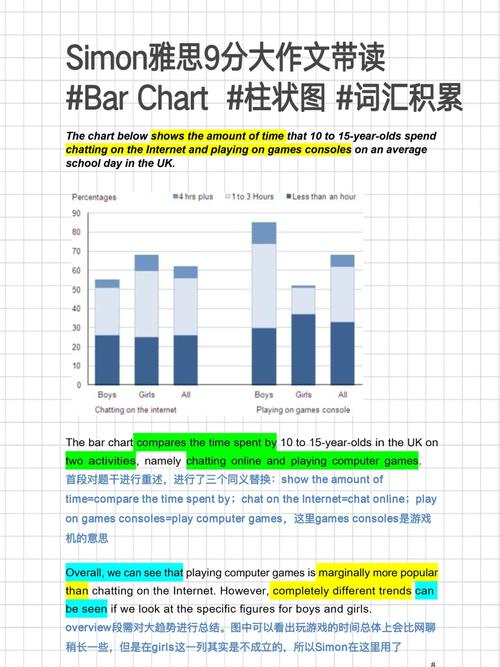
Understanding Online Education
Have you ever wondered about the possibility of earning a degree completely online? The concept of earning a degree without stepping foot on a traditional campus is becoming increasingly popular. In this article, we will delve into the various aspects of earning a degree completely online, including the benefits, challenges, and the types of programs available.
Benefits of Online Education
One of the most significant advantages of online education is flexibility. You can attend classes from anywhere in the world, as long as you have an internet connection. This is particularly beneficial for working professionals or those with family commitments who cannot afford to attend traditional classes.

| Benefit | Description |
|---|---|
| Flexibility | Attend classes from anywhere in the world, at any time that suits you. |
| Cost-Effective | Online programs often have lower tuition fees compared to traditional programs. |
| Self-Paced Learning | Learn at your own pace, without the pressure of strict deadlines. |
| Access to a Wide Range of Programs | Online education offers a diverse range of programs, from associate degrees to doctoral degrees. |
Challenges of Online Education
While online education offers numerous benefits, it also comes with its own set of challenges. One of the main challenges is the lack of face-to-face interaction with professors and peers. This can make it difficult to build relationships and receive personalized attention.
Another challenge is the need for self-discipline and time management skills. Online students must be able to motivate themselves to complete assignments and stay on track with their studies.
Types of Online Programs
Online education offers a wide range of programs, from traditional degree programs to specialized courses. Here are some of the most common types of online programs:
-
Associate Degrees: These programs typically take two years to complete and are designed to provide foundational knowledge in a specific field.

-
Bachelor’s Degrees: These programs usually take four years to complete and offer a more comprehensive education in a specific field.
-
Master’s Degrees: These programs typically take two years to complete and are designed for individuals who want to specialize in a particular area.
-
Doctoral Degrees: These programs are the highest level of education and usually take several years to complete.
-
Specialized Courses: These are short-term courses that provide in-depth knowledge on a specific topic.
Accreditation and Quality Assurance
When considering an online program, it is crucial to ensure that the program is accredited. Accreditation ensures that the program meets certain standards of quality and that the degree will be recognized by employers and other educational institutions.
Accreditation can be obtained from various organizations, such as the Accrediting Commission of the Distance Education and Training Council (DETC) or the Distance Education Accrediting Commission (DEAC).
Conclusion
Earning a degree completely online is a viable option for many individuals. With the increasing number of online programs and the flexibility they offer, it is becoming easier to pursue higher education without attending traditional classes. However, it is essential to research and choose a reputable online program that meets your educational and career goals.



